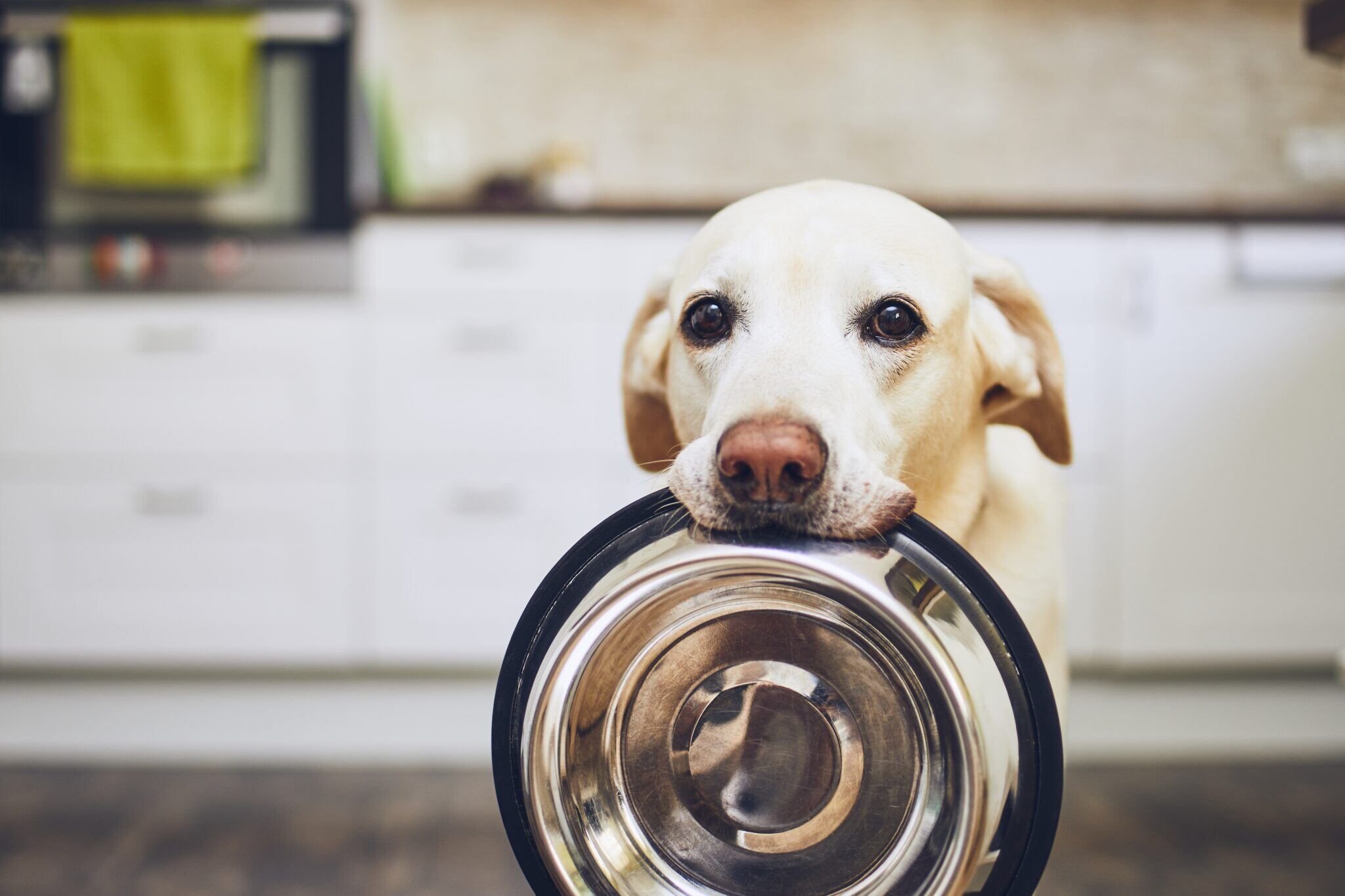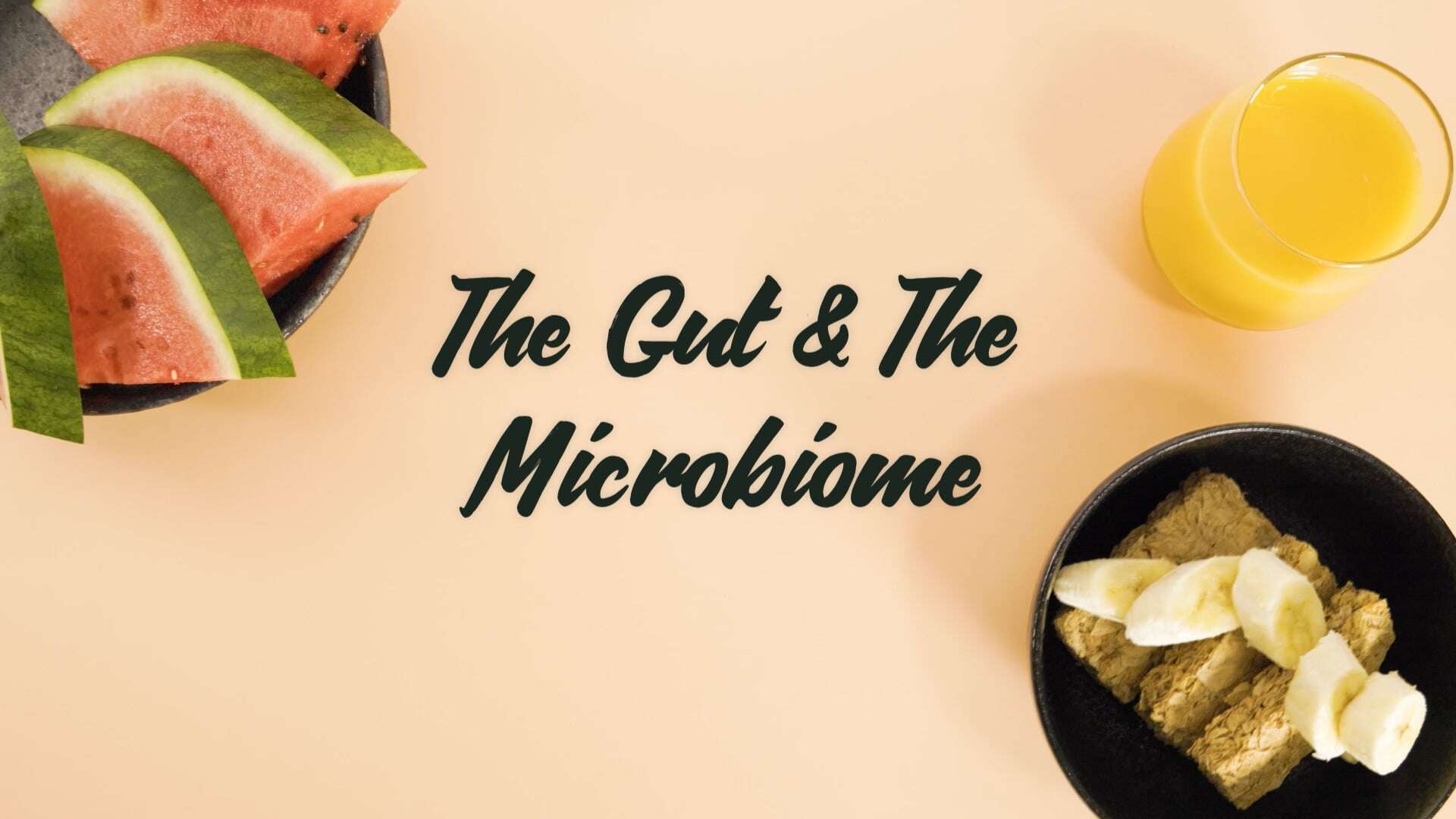Nutrition and Wellbeing for Pets

As pet lovers, we hold a special place in our hearts for the furry, scaly, or feathered companions that bring joy and comfort into our lives. Ensuring their health and happiness is an ongoing responsibility, and one of the most important aspects of their well-being is proper nutrition. Just like us, pets require a balanced diet to thrive, supporting everything from their physical health to their energy levels and immune system.
This guide is for everyone—whether you're a seasoned animal care professional, a first-time pet owner, or simply someone passionate about animal welfare. We will delve into the essential nutrients pets need, tailored to different species and breeds, and discuss how to make informed dietary choices for your pet's health and happiness.
Understanding Essential Nutrients for Pets
Proper nutrition for animals involves providing a balanced mix of essential nutrients: carbohydrates, proteins, fats, vitamins, minerals, and water. These nutrients are necessary for maintaining bodily functions, supporting growth and development, and keeping the animal’s immune system strong. Let’s break down each of these nutrients and their roles.
Carbohydrates: Carbohydrates are the body’s primary energy source. They are found in grains, vegetables, and fruits, and are broken down into sugars that the body uses for energy. While cats and dogs don’t require high carbohydrate intake, other animals like rabbits and guinea pigs thrive on fibrous plants.
Proteins: Proteins are made up of amino acids and are essential for building and repairing tissues. Animals use proteins for growth, development, and immune functions. For example, dogs and cats need high-quality proteins such as meat, eggs, or fish, which provide the amino acids necessary for maintaining strong muscles and tissues.
Fats: Fats provide concentrated energy and are crucial for absorbing fat-soluble vitamins like A, D, E, and K. Fats also protect vital organs, keep the skin and coat healthy, and aid in nerve function. Essential fatty acids, like Omega-3 and Omega-6, are critical for supporting healthy skin and inflammation response.
Vitamins: Vitamins are organic compounds that help regulate the body’s functions. Vitamins A, C, D, E, and K are essential for various functions such as immune support, bone health, and cell function. While pets often get these vitamins from their diet, some, like vitamin D, are also synthesised through exposure to sunlight.
Minerals: Minerals such as calcium, phosphorus, magnesium, and iron are crucial for bone health, muscle function, and maintaining fluid balance in the body. Dogs and cats, for instance, require calcium for bone growth and maintenance, while iron supports the production of haemoglobin, the molecule that carries oxygen in the blood.
Water: Water is the most important nutrient, as it makes up a large part of an animal’s body weight and is involved in all bodily functions, including digestion, nutrient transport, and temperature regulation. Ensuring that pets have access to clean, fresh water at all times is essential for their overall wellbeing.
The Science Behind Balanced Diets
To ensure pets receive a balanced diet, it’s important to consider the right proportions of these nutrients based on the species, size, activity level, and health status of the animal. For example, while high-protein diets are ideal for cats, they may not be suitable for all dog breeds. We must understand how to tailor diets to meet the specific needs of each pet.
While many commercial pet foods are formulated to meet the nutritional requirements of pets, pet nutrition experts stress the importance of choosing high-quality food. Look for products that list high-quality protein as the first ingredient and avoid foods that rely on fillers like corn or wheat.
Tailoring Nutrition to Specific Species and Breeds

Nutritional Needs for Dogs and Cats
Dogs are omnivores, meaning they require both animal and plant-based nutrients in their diet. A healthy diet for dogs includes proteins from meat, poultry, or fish, carbohydrates from vegetables and grains, and fats from sources like fish oil or chicken fat. While all dogs need a balanced mix of these nutrients, the quantities and types of food they require will vary depending on their breed, size, and life stage.
- Larger breeds like Great Danes require a different balance of nutrients than smaller breeds like Chihuahuas.
- Larger dogs often need fewer calories per pound of body weight but require more joint support and protein for their muscles.
- Smaller dogs may have faster metabolisms and require higher levels of protein and fat to maintain their energy levels.
Cats, as obligate carnivores, have very different dietary needs compared to dogs. They require a diet that is rich in animal-based proteins and fats and low in carbohydrates. Cats must consume certain amino acids like taurine, which is found in animal tissues, as they cannot synthesise it themselves. Providing a high-quality protein source such as chicken, turkey, or beef is essential for maintaining their health.

- Kittens and puppies require a higher protein intake to support their rapid growth and development.
- Senior pets may need lower calorie, nutrient-dense diets to maintain their health.
Beyond Cats and Dogs: Nutrition for Other Pets
Birds
Birds, particularly pet birds like parrots, budgies, and cockatiels, require a diet that includes both seeds and fresh fruits, vegetables, and pellets. Pellets, in particular, are designed to meet their complex nutritional needs. Parrots, for instance, need a diet rich in vitamin A, and they often require nuts and seeds as a source of fat.
Reptiles
The nutritional requirements of reptiles vary widely depending on whether the species is carnivorous, herbivorous, omnivorous, or insectivorous. For example, snakes feed on small mammals or birds, while tortoises are herbivores, consuming leafy greens, fruits, and flowers. As reptiles are cold-blooded, their metabolism is much slower than that of mammals, and they require less frequent feeding but with more specific nutrient needs.
Exotic Pets
For less common pets such as guinea pigs, rabbits, and hamsters, it’s important to provide high-fibre diets that support digestive health. Guinea pigs, for instance, require a constant supply of fresh hay for their fibre intake, along with fresh vegetables to provide necessary vitamins.
Exotic pet care specialists highlight the importance of recognising the dietary needs of non-traditional pets and adjusting their food accordingly. A rabbit’s diet should consist of 80% hay to prevent gastrointestinal issues, and they should avoid high-carbohydrate pellets.
Managing Weight and Body Condition in Pets
Maintaining a healthy weight is crucial for preventing numerous health problems in pets, including diabetes, arthritis, and heart disease. Animal care professionals are often the first to spot signs of unhealthy weight gain or loss in pets, as obesity and underweight conditions can be difficult for pet owners to notice until they become severe.
Body Condition Score (BCS)

BCS is a common tool used to assess the weight and health of pets. It involves visually and physically assessing the pet’s body, looking for ribs that are easily felt (for underweight animals) or difficult to feel (for overweight animals), and evaluating the overall shape of their body. This simple, but effective, method helps professionals guide owners toward optimal feeding and exercise plans.
Practical Insights: Weight Management Tips
The key to managing a pet’s weight involves balancing their calorie intake with their energy expenditure. Experts advise on reducing calorie intake and increasing exercise for overweight pets, but the solution is not always straightforward. Some pets may suffer from underlying health conditions such as hypothyroidism, which can contribute to weight gain, making it essential to identify the root cause.
- Portion control
- Frequent exercise
- A diet tailored to the pet's specific needs
For pets with diabetes or arthritis, a special diet may be necessary to manage their condition.
Special Dietary Considerations
Certain health conditions require dietary adjustments to help manage the symptoms and improve the animal's quality of life.
Arthritis
Anti-inflammatory diets, which may include fatty acids like Omega-3s, can be beneficial for pets with arthritis. Joint support supplements, such as glucosamine and chondroitin, are commonly added to the diets of older dogs to help manage inflammation and pain.
Kidney Disease
For pets with kidney disease, a low-protein diet is typically recommended. This reduces the burden on the kidneys and helps to manage the disease’s progression. Specific veterinary-prescribed foods can support kidney function and improve the pet’s overall wellbeing.
Obesity
The most common health issue caused by improper feeding is obesity. High-fibre, low-calorie foods help keep pets feeling full without adding excessive calories. It’s important to monitor both the quantity and quality of food to prevent overfeeding.
Managing Pet Health Through Diet
Experts recommend a variety of tailored diets depending on the animal’s health issues. For example, pets with allergies benefit from limited-ingredient diets, while pets with gastrointestinal issues may require easily digestible food that’s gentle on their stomach. Veterinary professionals should always work closely with pet owners to design a diet that supports their pet's specific health needs.
The Role of Animal Care Professionals in Educating Pet Owners
The responsibility of animal care professionals extends beyond just providing care.; it also includes educating pet owners about proper nutrition. This means helping them understand what to look for in pet food, how to measure portion sizes, and when to make dietary adjustments. Educating owners about reading food labels is crucial, as many pet foods are filled with low-quality ingredients that can negatively affect the animal’s health.
Best Practices for Effective Communication
Animal care professionals must be able to explain complex dietary information in a way that is easily understandable. This involves using accessible language and providing pet owners with resources to continue their education at home. Practising good communication is essential, especially when pet owners are making significant changes to their pets' diets.
Future Trends in Pet Nutrition and Wellbeing
Emerging Innovations in Pet Nutrition
The pet nutrition industry is evolving rapidly, with new innovations making it easier to provide optimal care. Recent trends include plant-based diets for pets, lab-grown meats, and personalised nutrition that tailors diets to individual animals based on their genetic makeup and health needs.
Experts predict that these innovations will significantly change the landscape of pet care, offering more sustainable and health-conscious options for pet owners.
Sustainable Practices in Pet Care
Sustainability is another growing trend, with more pet food manufacturers offering eco-friendly and locally sourced ingredients. Pet owners are increasingly seeking out foods that are sustainably produced, and animal care professionals are in a unique position to guide them toward environmentally responsible choices.
Proper nutrition is fundamental to ensuring the health and wellbeing of pets. As animal lover, we must stay informed about the nutritional requirements of different species and breeds, particularly as these needs evolve with age, activity level, and health status. By working closely with professionals, we can understand the best dietary choices for animals and foster a long, healthy life for every pet in our care.
If you’re looking to dive deeper into animal health and veterinary care, Ulleo’s Animal Health & Veterinary Care course offers comprehensive lessons on nutrition, wellness, and much more. Take the next step towards becoming an expert in animal care today!

